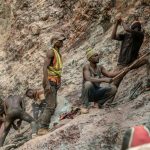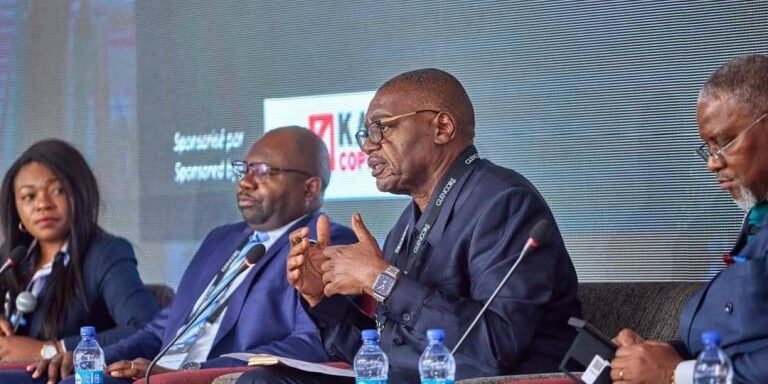Popol Mabolia Yenga, Director General of the Democratic Republic of Congo’s (DRC) Mining Cadastre (CAMI), has urged African nations to pursue a unified approach to geological research. His call comes amid growing concerns over inconsistent data on the origin of mineral resources and disputes between neighboring countries.
Speaking at the 2025 DRC Mining Week in Lubumbashi during a panel titled “Roadmap for the Mining Industry: Shaping the Future of Mining in the DRC,” Mabolia highlighted the limitations of fragmented, country-specific geological mapping across the continent.
“We are dealing with a serious lack of harmonized geological information,” Mabolia said. “In some cases, countries—including the DRC—lay claim to mineral deposits that may, in fact, originate elsewhere. This lack of clarity breeds confusion and conflict.”
Mabolia emphasized that without a coordinated, cross-border framework for geological surveying, it becomes difficult to build reliable databases or validate the origins of mineral wealth. This, he warned, could undermine both investment and trust in Africa’s mining sector.
To tackle the issue, he proposed that the African Union—or relevant regional blocs—take the lead in launching collaborative geological research initiatives, particularly those involving airborne geophysical surveys.
“Airborne surveys need to cover large areas, often spanning national borders,” he explained. “When we conducted surveys in North Ubangi, for example, we had to stop at the border. Including neighboring regions in a single, continuous survey would be far more efficient.”
Mabolia argued that such collaboration would not only help clarify the true distribution of mineral resources across Africa but also reduce tensions between states and encourage more transparent, investment-friendly mining governance.
A centralized, shared geological database, he added, would strengthen the fight against illegal mineral trading and bolster Africa’s strategic position in the global shift toward renewable energy technologies—many of which rely heavily on critical minerals sourced from the continent.
His remarks underscore a growing recognition that Africa’s mineral future depends not just on extraction, but on coordinated, science-based stewardship of its natural wealth.















